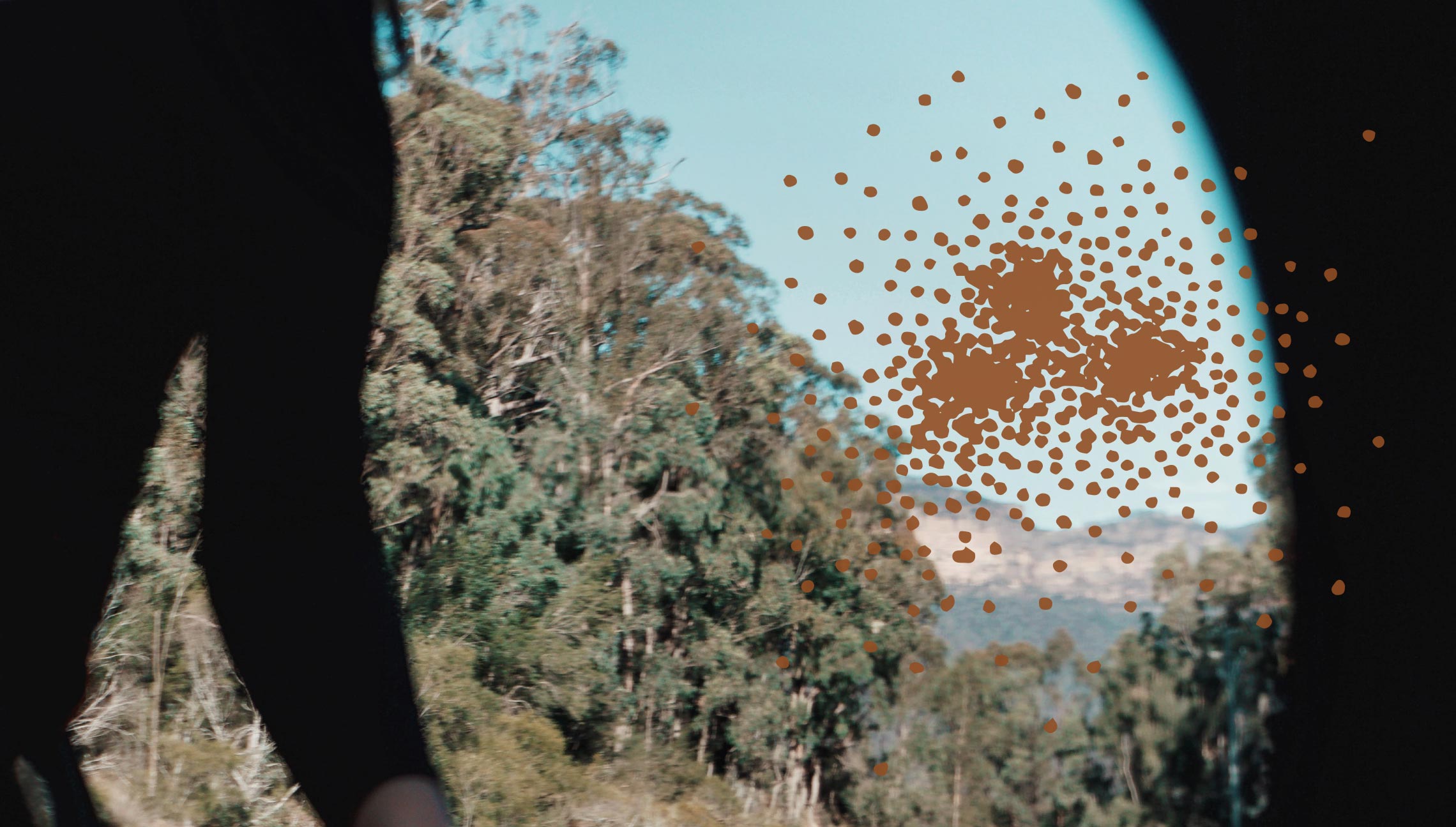In her speech at the Energy Networks 2022 Conference and Exhibition, Prof. Genevieve Bell highlights seven stories about early adopters, tinkerers, and fascinating innovations in the power and energy sector, the tech industry, and beyond. She reflected on today’s disruptions like the pandemic and climate change, the moments in history in which the world faced great challenges, changes, and transitions, and what might be learned from the people who stood in those moments and the things they did.
History doesn’t give us answers but give us better questions. –Prof. Bell.
One of the seven stories Prof. Bell talked about is about the Australian Overland Telegraph Line which marks its 150th anniversary in August this year. Completed in 1872, the telegraph project initially seemed to be an insurmountable challenge of putting up an overland cable of a single ‘Number 8’ galvanised wire held up by about 36,000 poles connecting Adelaide in South Australia and Darwin in the Northern Territory. It was then linked to the Java-to-Darwin submarine telegraph line.
The Overland Telegraph Line has been considered ‘the greatest engineering feat carried out in 19th century Australia’. “The time it took to move information from London to Australia went from two-and-a-half months on a good day to five minutes on a bad day. And it completely changed the way Australia was thought about globally and we thought about ourselves. It transformed the information ecosystem. It transformed the way knowledge moved,” Prof. Bell said.
The lesson from the story is not about the Morse code or the ‘Number 8’ galvanised wire. According to Prof. Bell, it’s about systems. “Every time we think about doing things, we are actually talking about whole systems.”
Prof. Bell also shared the story of the founding of the School of Cybernetics, the Australian National University’s first new school in 40 years. The School teaches students a systems-thinking approach to scaling up new technologies and understanding the component pieces of all these systems—the human, ecological, and also technical.
“I’m trying to invest in building new workforce for what comes next and what comes later. And for me, that means we have to think about things like sustainability but also safety and responsibility and how you look across our past to find some of the questions we might ask,” Prof. Bell said.
Prof. Bell said finding stories that tell about where humanity has been is very important. “I think the stories we’d tell about where we’ve been help shape where we are going.”
Watch the entire speech below to know more about these seven fascinating stories and lessons.

